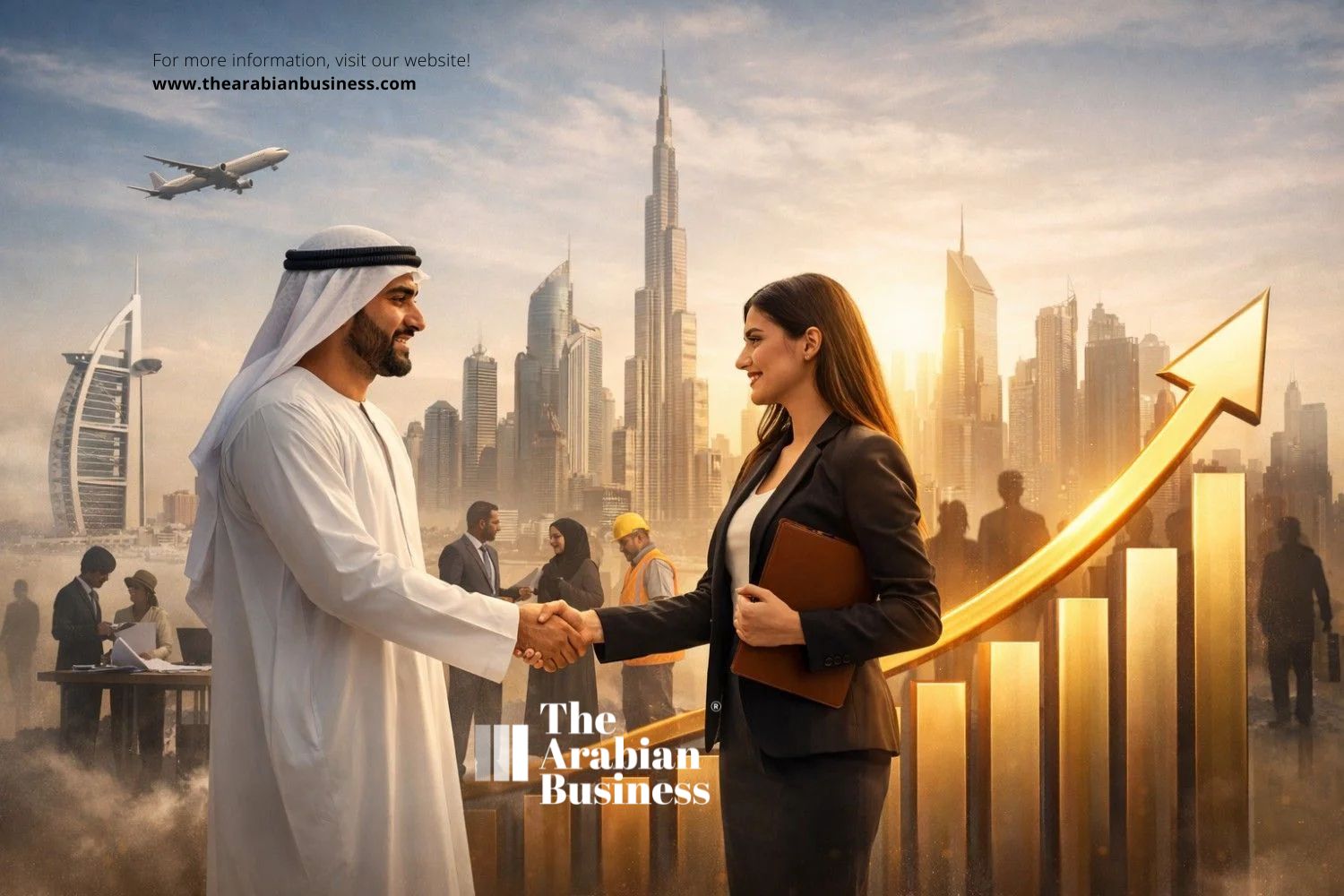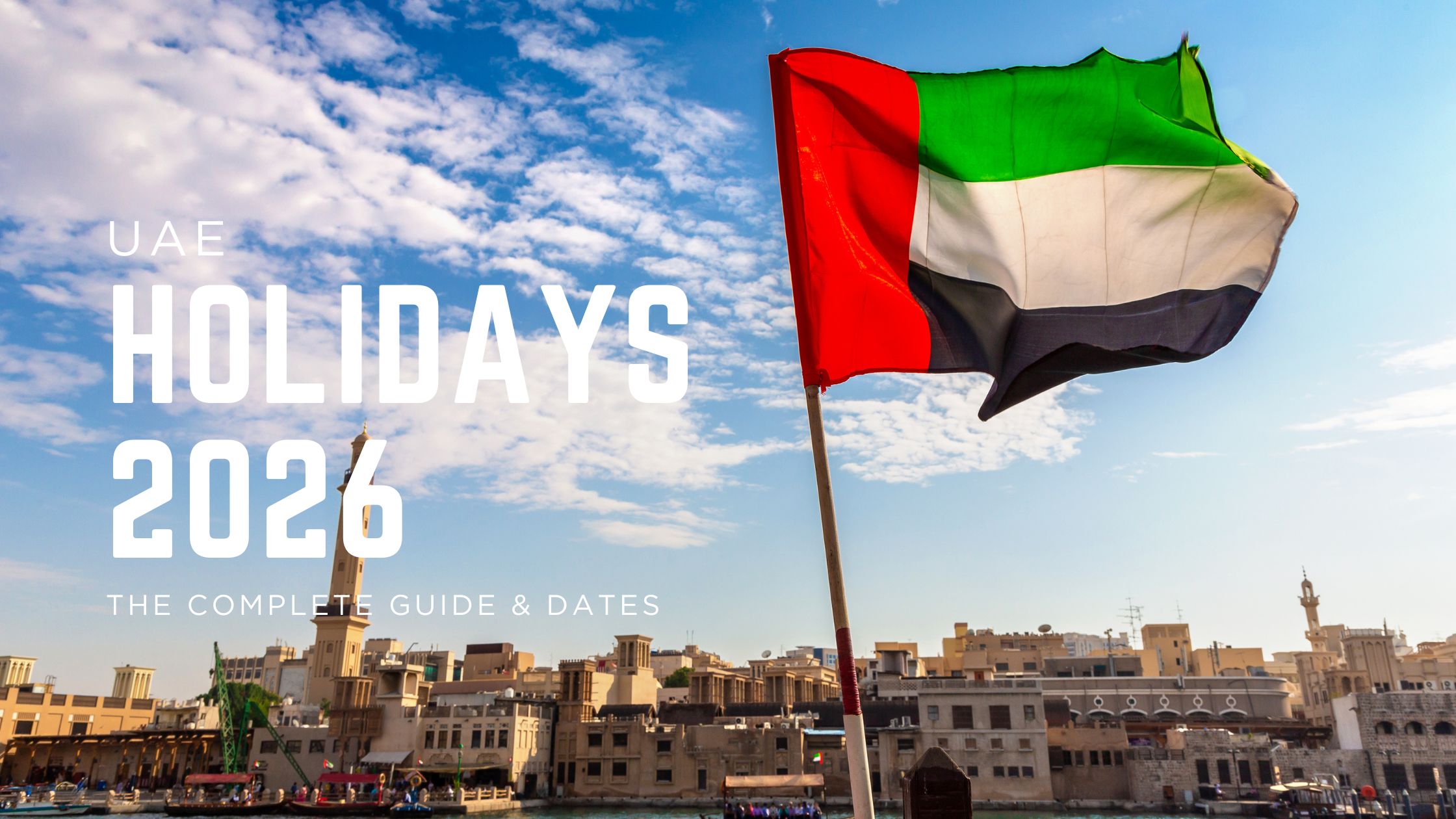Saudi Arabia’s Vision 2030: Recent Milestones and What’s Next
In 2016, Saudi Arabia launched Vision 2030 — a bold and ambitious national plan to diversify its economy, reduce its reliance on oil, and build a vibrant society for future generations.
Now, nearly a decade into the journey, the Kingdom has made significant progress in multiple sectors, from tourism to tech. In this blog, we’ll explore:
- Key milestones achieved so far
- Major projects currently underway
- What’s next as we move closer to 2030

What is Vision 2030?
Vision 2030 is a long-term roadmap led by Crown Prince Mohammed bin Salman, focusing on:
- Economic diversification
- Private sector growth
- Job creation
- Tourism and cultural development
- Innovation and sustainability
The plan is built around three main themes:
- A Vibrant Society
- A Thriving Economy
- An Ambitious Nation
Recent Milestones (2016–2025)
1. Economic Diversification & Non-Oil Revenues
- Non-oil revenues more than tripled since 2016, reaching over SAR 400 billion in 2023.
- VAT (Value Added Tax) was introduced and increased to 15% in 2020.
- The Kingdom has attracted billions in foreign direct investment (FDI) through reforms and regulatory changes.
2. Mega Projects in Progress
- NEOM: A $500 billion futuristic smart city under construction in the northwest. Projects include:
- The Line: A linear smart city with zero cars and zero emissions
- Trojena: A mountain tourism destination
- Oxagon: A floating industrial city
- Red Sea Project: A luxury tourism development along the western coast
- Qiddiya: An entertainment city with theme parks, motorsports, and cultural venues
3. Tourism Transformation
- Saudi Arabia opened its doors to international tourists for the first time in 2019 with a new e-visa system.
- Target: 100 million visitors per year by 2030
- Major events like Riyadh Season, Formula 1, and MDLBEAST Soundstorm are helping promote Saudi as a cultural hub.
4. Women Empowerment
- Women’s participation in the workforce jumped from 19% in 2016 to over 35% in 2024.
- Legal reforms now allow women to:
- Drive
- Start businesses without a male guardian
- Travel independently
- Female entrepreneurship is on the rise across tech, fashion, and F&B sectors.
5. Green Initiatives
- Saudi Green Initiative: Committed to planting 10 billion trees and reaching net-zero emissions by 2060.
- Renewable energy projects like Sakaka Solar Plant and wind farms are expanding rapidly.
What’s Next? (2025–2030 Goals)
1. Boosting Private Sector Contribution
- Aim to increase private sector’s share of GDP from 40% to 65%
- Continued efforts to privatize government assets and services (e.g., water, healthcare, airports)
2. Innovation & Tech Leadership
- Saudi aims to become a regional hub for AI, cloud computing, and digital transformation
- Launch of Smart Government services, digital banks, and blockchain-based solutions
- Partnerships with global tech companies (e.g., Alibaba Cloud, Huawei, Oracle)
3. Hospitality & Cultural Investment
- Over 315,000 hotel rooms to be added by 2030
- Expanding UNESCO heritage site access, cultural museums, and entertainment zones
- Support for local art, film, and fashion industries
4. Labor Market Reform & Talent Development
- Saudization policies to increase local employment
- Training programs in partnership with international institutions
- Massive investment in education, digital skills, and entrepreneurship
5. Strengthening Global Positioning
- Hosting major international events:
- Expo 2030 (Riyadh)
- Asian Winter Games (Trojena, 2029)
- Bidding for the 2034 FIFA World Cup
Final Thoughts
Saudi Arabia’s Vision 2030 is not just a plan — it’s a transformation.
In less than a decade, the Kingdom has made progress once considered unthinkable:
- From an oil-dependent economy to a diversified business environment
- From strict societal norms to one of the most dynamic reform agendas in the region
- From regional power to an emerging global player
What does this mean for businesses and entrepreneurs?
It means opportunities — in tourism, real estate, green tech, digital services, education, and more.
As we move toward 2030, investors, startups, and international companies will continue to play a critical role in shaping the Kingdom’s future.







